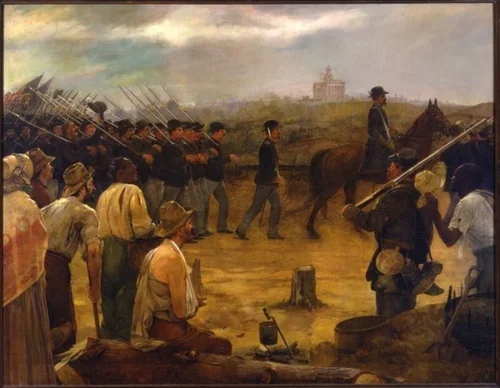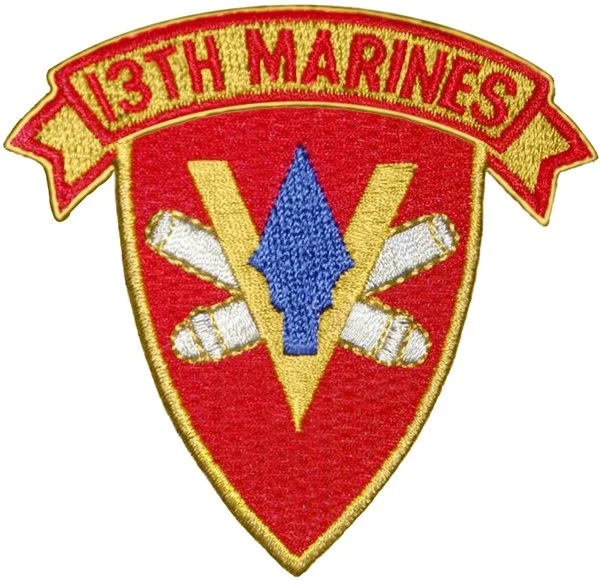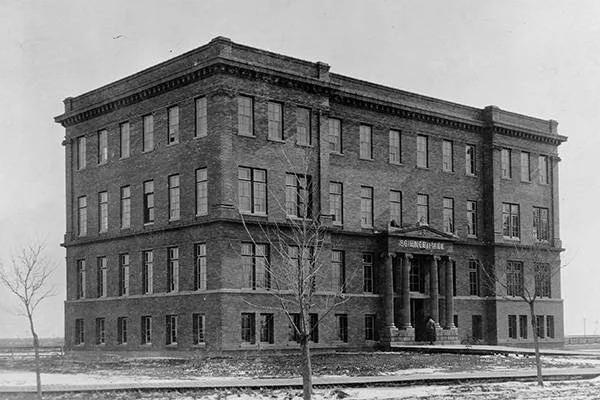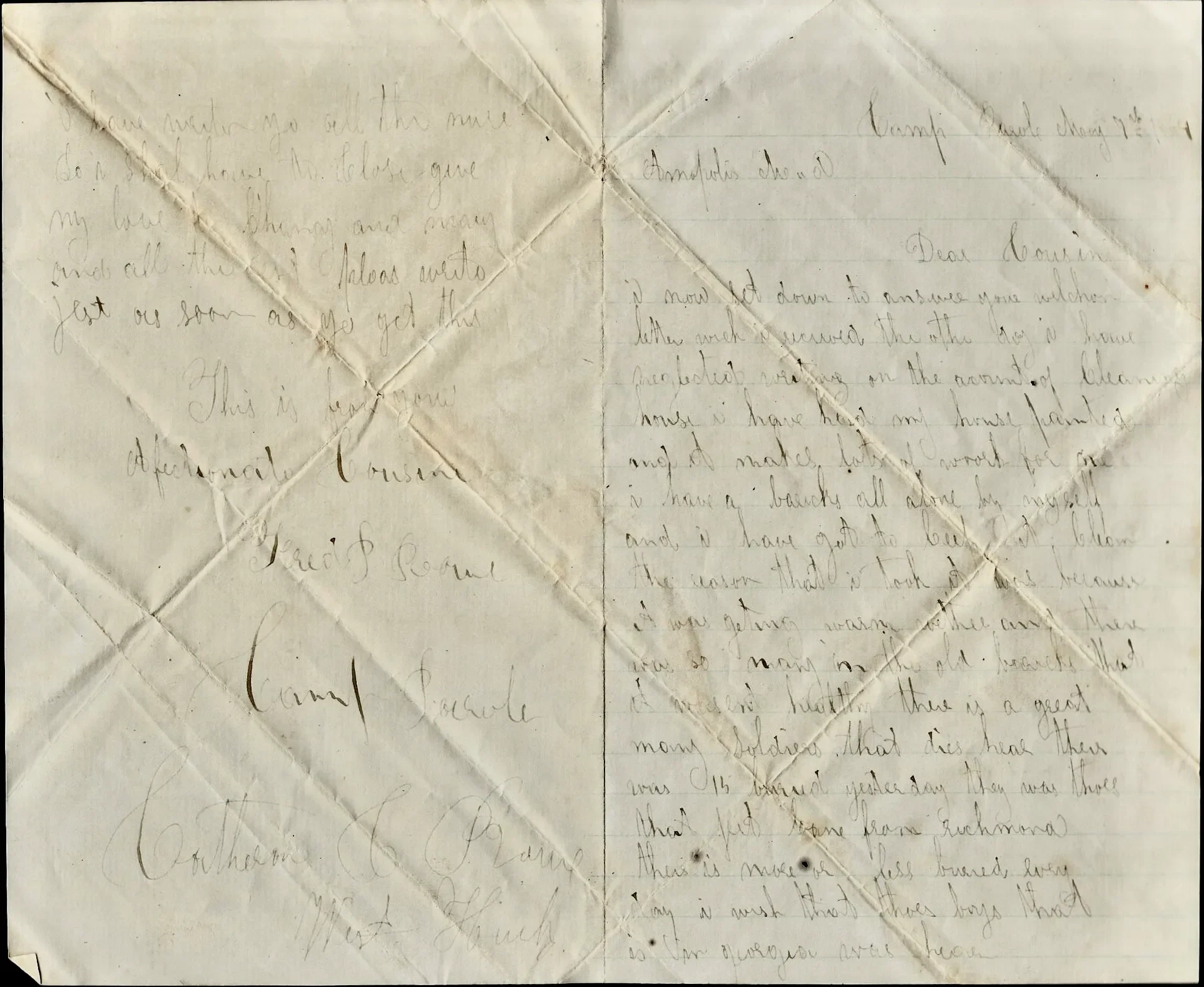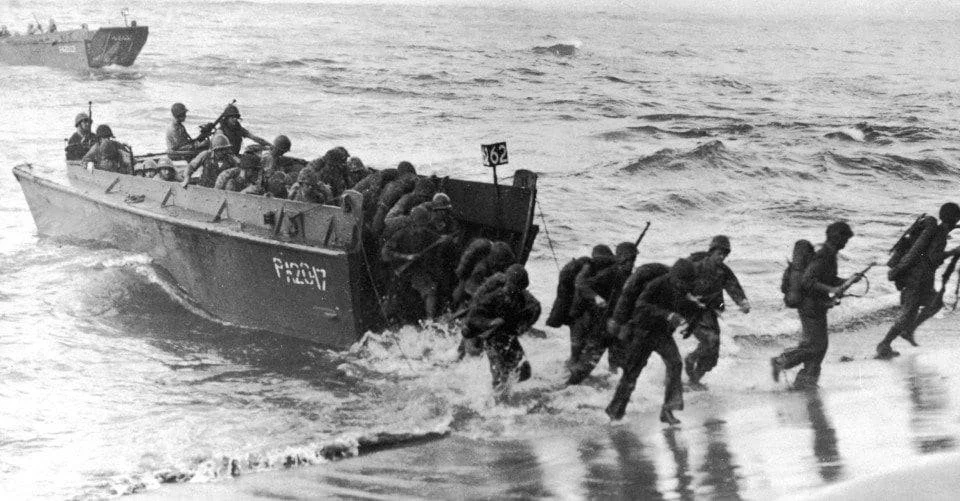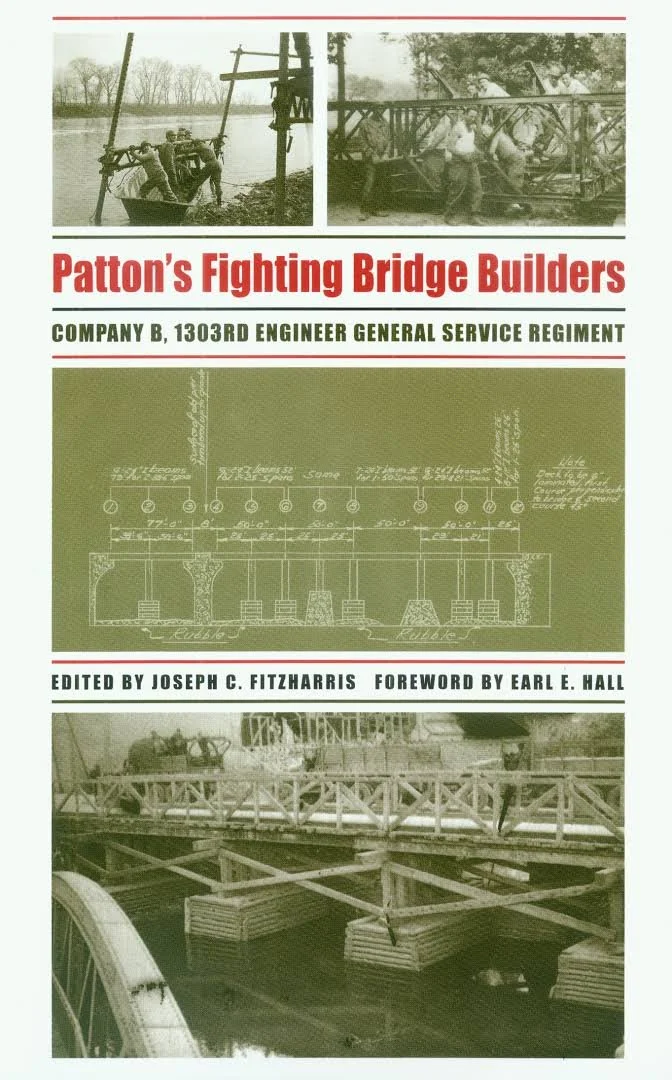Veterans Day Ancestor Reflection Blog
This Veterans Day, I’m reflecting on my family's involvement in the bloodshed for freedom in the United States and around the world. I’ve had family in the Civil War, WWI, WWII, the Korean War, Vietnam, and Afghanistan. My mom’s second great-grandfather, Phineas Rowley Taylor, was born on April 2, 1838, in Schoharie County, New York. In the spring of 1860, he built a house and broke up part of the land in Minnesota with his brother Alfred before they enlisted in the Union Army, in Company F, Fourth Minnesota Volunteer Infantry. They were both ranked Corporal and served till the end of the war. Phineas was wounded during a skirmish near Jackson, Mississippi, and rejoined his regiment as soon as his wound healed.
Painting of the Fourth Minnesota Volunteer Infantry
His son, Phineas Romayne Taylor, was born in Wells, Minnesota, on February 4, 1895. In 1917, he was a graduate in Pharmacy from the University of Minnesota 1917. He voluntarily enlisted in the Marine Corps on April 15, 1917(the day before my birthday). He trained at Quantico and at Newport, where he became an expert machine gunner. He was a member of the 13th Regiment, 5th Brigade of the United States Marines. He served with the A.E.F. in France before hanging around Europe and attending the University of London until 1919. Then he settled in Kenmare, North Dakota, and opened a drug store. The store contained the White Buffalo Soda Fountain, where Emily and I visited on our way to Canada. They still serve the same ice cream sundae recipe that Phineas coined. There were drug vials and ampules there that contained cannabis, opium, Novocain, and other fun substances.
His son, William Romayne Taylor, was born Dec. 13, 1926, in Kenmare. He entered the U.S. Army in 1954, and served in the Korean War. He attended the University of North Dakota School of Medicine and graduated with a Bachelor of Science in medicine in 1949. He then attended medical school at the Bowman Gray School of Medicine, Wake Forest College in Winston-Salem, North Carolina where he was a member of Phi Sigma Pi Fraternity. He was a captain in the U.S. Army Medical Corps at the time of his honorable discharge in 1962. After the war, he started his medical career at St. Luke’s Hospital in 1958. Bill was a bigshot in South Dakota exemplifying Foucauldian levels of power in his home of Aberdeen eventually becoming President of the South Dakota State Medical Association, Vice President of the Board of Trustees of Presentation College, President of the Northern State College Foundation, Governor of the South Dakota Chapter of American College of Physicians, Board of Directors of the Aberdeen Chamber of Commerce, President of both the South Dakota Society of Internal Medicine, and South Dakota State Medical Association, Diplomate of the American Board of Internal Medicine and Board of Directors of Lutheran Social Services. Bill was active in the National and South Dakota Republican Parties and, after retiring from medical practice, was elected to the South Dakota State Senate, serving two terms (Regan times). His son, Bill Taylor (still alive) is a West Point graduate who was active in Afghanistan.
University of North Dakota School of Medicine
On my father’s side, Frederick P. Rowe was born in Hurley, Ulster County, New York, in 1842. Frederick joined Company A, 120th New York Infantry on August 22, 1862, as a private. He was mustered out of the regiment on June 3, 1865, as a corporal. According to the muster roll records, he was taken prisoner at Gettysburg on July 2, 1863, and was sent to Camp Parole at Annapolis to await exchange. He wrote a letter to his cousin in May 1864, where he described the conditions of the camp, views of Sherman’s troops down in Georgia, and provided an interesting anecdote on race. “They are drafting every colored man in this place. Thy look wild down here because they are a drafting. I hope that they won’t need no more after this summer. There has been two or three negro regiments got up in the State of Maryland. I think that they will make very good soldiers. I hope so.”
Letter from Frederick Rowe to Catharine C. Rowe May 1864
Frederick’s son, Charles, was born in 1878, 39 years old during WWI conscription, but doesn't appear to have served in the war. His son, Charles LaGrande Rowe II, born in 1924, served in the US Army for three years during WWII. He landed on Omaha Beach, Normandy, on D-Day, June 6, 1944. He was awarded the Presidential Citation, five Battle Stars, and the Belgian Fourragere. In later years, he was honored by the French for his participation in helping to free France during WWII. My entrance to oral history was interviewing Charlie with my dad when I was 17 in 2009, the year before he died. He told us stories of being in the first wave of Higgins boats and how he was one of six men carrying ammo for a Browning M1919A4. He threw up on himself first thing because the steak and eggs from the night before were rolling around in his stomach. Diving down in the surf because he thought the blood in his vomit meant he had been shot saved his life as the other five men on his gun crew were killed instantly. After D Day, they marched inland further into France, and Charlie served in the Battle of the Bulge. When they made it to Germany, he was involved in liberating Dachau, where Nazi scientists were implementing experiments with MDMA, MDA, and Mescaline. Eventually, he got injured playing softball, and thanks to this injury, he never had to go to Japan. He could remember how his comrades died in such vivid detail; for an 85-year-old, the PTSD was undeniable.
Higgins boats storming Normandy
Not only was my grandfather in World War II but so was Emily’s. Emily’s grandfather Wilbur Nathan Looper landed at Normandy during the D-Day invasion just like my grandfather, and he was wounded at the Battle of the Bulge. He was one of Patton’s Bridge builders during the Battle of the Bulge. Afterwards he spent the rest of his life as an educator teaching American history in South Carolina. His story is told in the book Patton’s Fighting Bridge Builders.
Wishing all veterans peace and comfort today and healing on their journey. The only war I survived was the War on Drugs, but it still left a scar.
Peace & Love
Will
